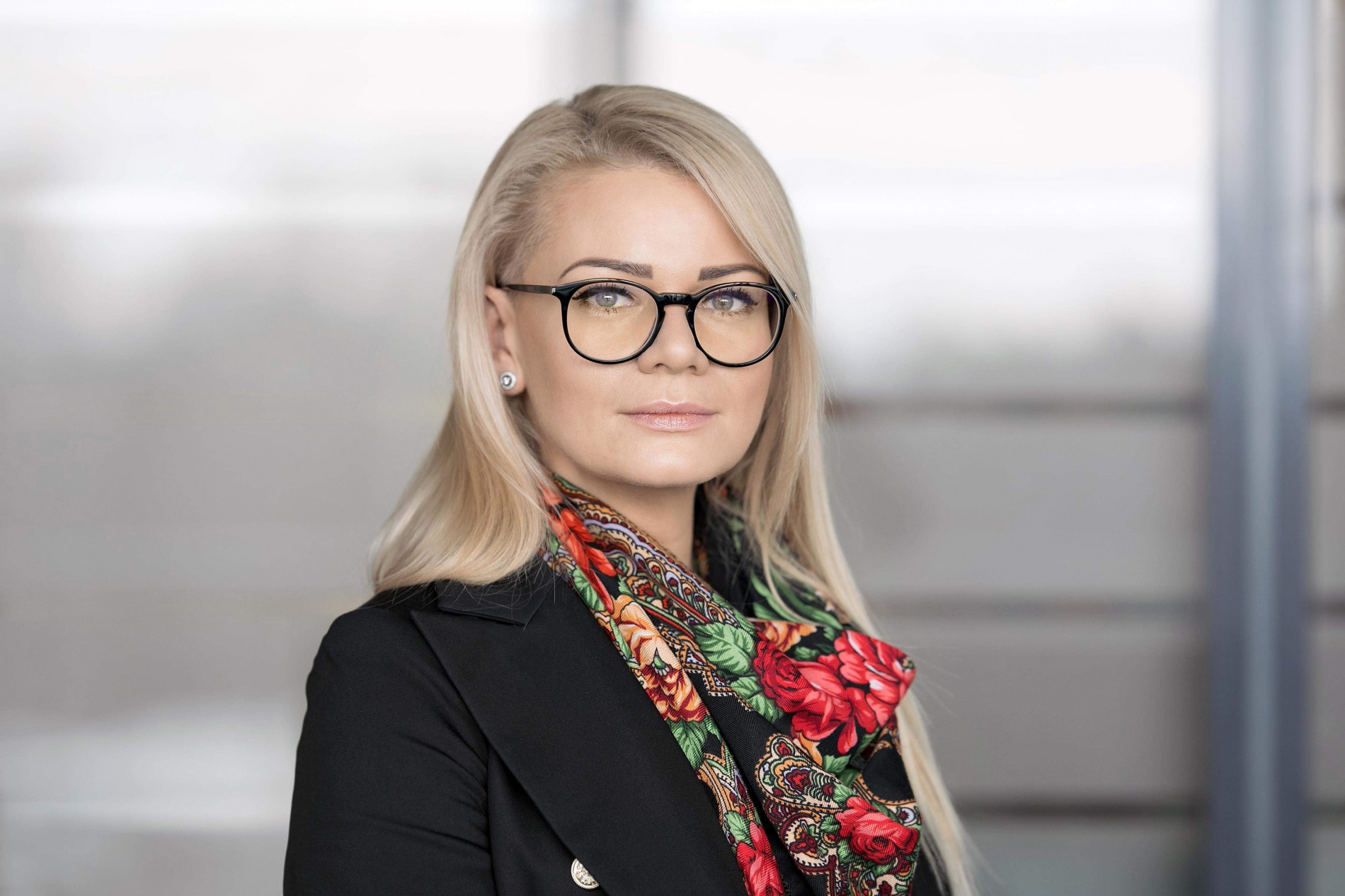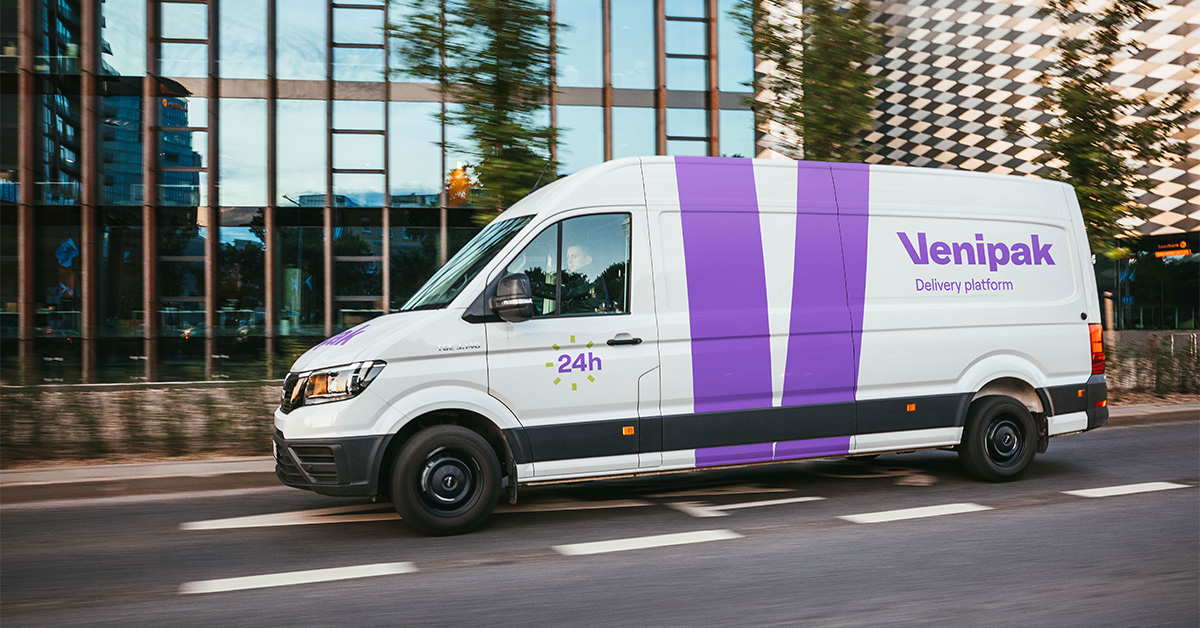For some time now, Venipak cars have been displaying the term “Delivery Platform”. According to the company’s owner and founder, Nerijus Raudonis, this is in fact much more than simply a sign. It is a long-term vision for the business, which coincides with the company’s active European expansion and its transformation from a courier company to a trading business.
Mr Raudonis predicts that courier services will account for no more than 10% of Venipak’s revenue in the future, while the company’s business will change radically.
“If today, courier services account for around 90% of the revenue we generate, in 5 years’ time they will account for only 10%, if not less. We are trying to take Venipak in a new direction and transform the company from a physical logistics job into a trading platform. Our vision is to become a wholesale business exclusively for e-commerce,” Mr Raudonis said about the company’s long-term plans.
According to him, this e-wholesale niche is completely undiscovered and is still emerging: “We were looking for ways to expand globally, we tried to deconstruct the whole trading chain and we found this niche, which is practically non-existent – not only in Europe but also throughout the world. Nowadays, all e-shops tend to work directly with the suppliers or manufacturers. We want to provide the best local options with fast deliveries in any major market within 24 hours.”
A new leader with a new direction
 In September, Sabina Bačiulienė, who has extensive experience in e-commerce, joined Venipak’s management team as the company’s Global Business Development Manager. This is a completely new position, which is directly linked to Venipak’s active expansion in Europe from a courier company to a trading company.
In September, Sabina Bačiulienė, who has extensive experience in e-commerce, joined Venipak’s management team as the company’s Global Business Development Manager. This is a completely new position, which is directly linked to Venipak’s active expansion in Europe from a courier company to a trading company.
The Venipak management team is still responsible for the management of its logistics business in the Baltics, including finance, sales and HR. Venipak also has a group manager in the Netherlands who is responsible for the global expansion strategy, looking beyond the Baltic countries and finding ways to develop the business beyond logistics.
Ms Bačiulienė’s position in the management team is distinguished by the fact that she will be responsible for strengthening the e-wholesaler and the organisational parts of the company’s development. As a result, she will be working closely with the teams in the Netherlands and Lithuania.
“The e-commerce market is vast and is growing exponentially, and our team is in a good position to enter deeply into this niche. We can already offer the market attractive, innovative solutions that will provide a good user experience. The growing e-commerce sector needs logistics solutions, such as warehousing and transportation, so I see a large and untapped potential for their development,” Ms Bačiulienė revealed.




